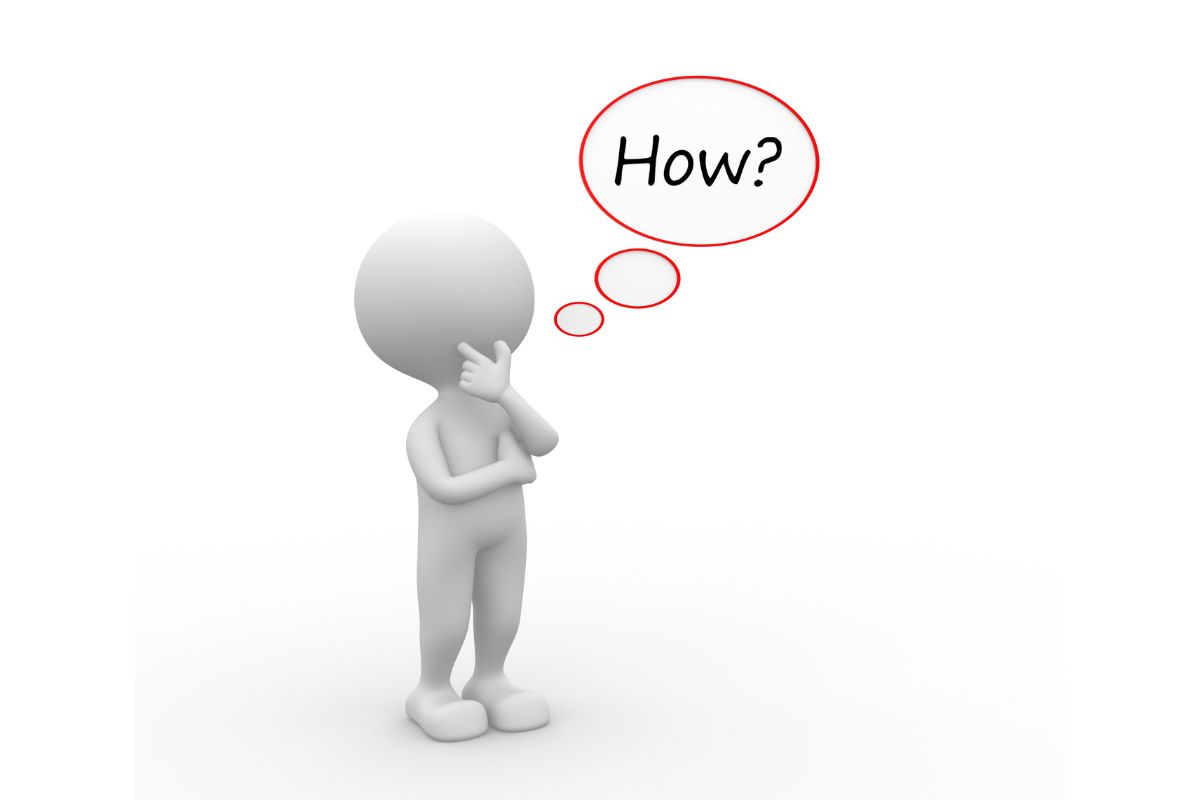How To Deal With Depression
Suffering from depression can make you feel as though a cloud of doom has been cast over your life forever. But, even the most severe depression is treatable. So, don’t be ashamed to get help if your sadness is preventing you from leading the life you want to lead. From therapy to medication to healthy lifestyle changes, there are many different treatment choices available.
Obviously, just as no two people experience sadness in exactly the same manner, there is no “one size fits all” approach to curing depression. What helps one individual may not help another. Yet, you can beat sadness, recover your joy and optimism, and reclaim your life by arming yourself with as much information as possible on the remedies available.
Advice on How to Treat Depression
Understand your depression as much as possible. Check with your doctor to see whether your depression is a symptom of something more serious. If that’s the case, whatever’s wrong has to come first. Consider how severe your depression is as well. If your depression is severe, you will require more intense treatment.
Finding an effective treatment can be a time-consuming process. Finding the right kind of help and treatment can take some time and experimentation. If you decide to try therapy, for instance, it may take a few visits until you discover the right fit. Another option is to attempt an antidepressant, but then realize that a daily half-hour stroll is all you need. A willingness to try new things and adapt to change is essential.
Use the medication as a last resort, not as a primary treatment. Medication can help with depressive symptoms, but it’s not meant for long-term use. There are non-pharmaceutical options that can be just as beneficial as medication, if not more so, without the negative side effects. You should know that medicine is most effective when combined with healthy lifestyle modifications if you decide to attempt medication.
Participate in social activities and gatherings. A person’s resilience against depression increases in proportion to the strength of their social network. Don’t isolate yourself when feeling stuck; reach out to loved ones or try something new like a depression support group. You are neither a burden on others nor a display of weakness if you ask for assistance. Just interacting with another human being face to face can have hugely beneficial effects.
Adherence to treatment is essential. All of these therapies for depression take time, and that can feel overwhelming or unpleasant at times. To some extent, that is expected. The road to recovery is often fraught with highs and lows.
Also Read:
Diagnostic Tests For Mental Illness
Make an appointment with your health care physician for a complete evaluation if you suspect depression and making changes to your lifestyle hasn’t helped. Treatments like talk therapy and pharmaceuticals won’t help much if your depression has a physiological basis. Until the underlying health condition is diagnosed and treated, the depression will persist.
Your doctor will do a thorough physical examination to rule out physical causes of depression and to exclude the possibility that any medications you may be taking are having this effect. Sadness, weariness, and an inability to find pleasure are all signs of depression that can be brought on by a wide variety of medical illnesses and drugs. Low thyroid function, or hypothyroidism, is a major cause of depression, especially in women. Drug interactions that produce depressive symptoms are especially common in the elderly and in people who take many prescriptions every day. The likelihood of adverse drug reactions increases with the number of prescriptions you take.
When The Therapeutic Going Gets Rough
It’s like renovating a house: tearing things apart that aren’t functioning effectively can make them look worse before they get better. Don’t give up on therapy just because it’s tough or uncomfortable at first. Having an open dialogue with your therapist about how you’re feeling and the emotions you’ve been having will help you move forward, rather than reverting to old, ineffective habits. It’s okay to look into different forms of treatment if you and your therapist are unable to find a comfortable working relationship. The cornerstone of effective treatment is a safe and open therapeutic alliance.


